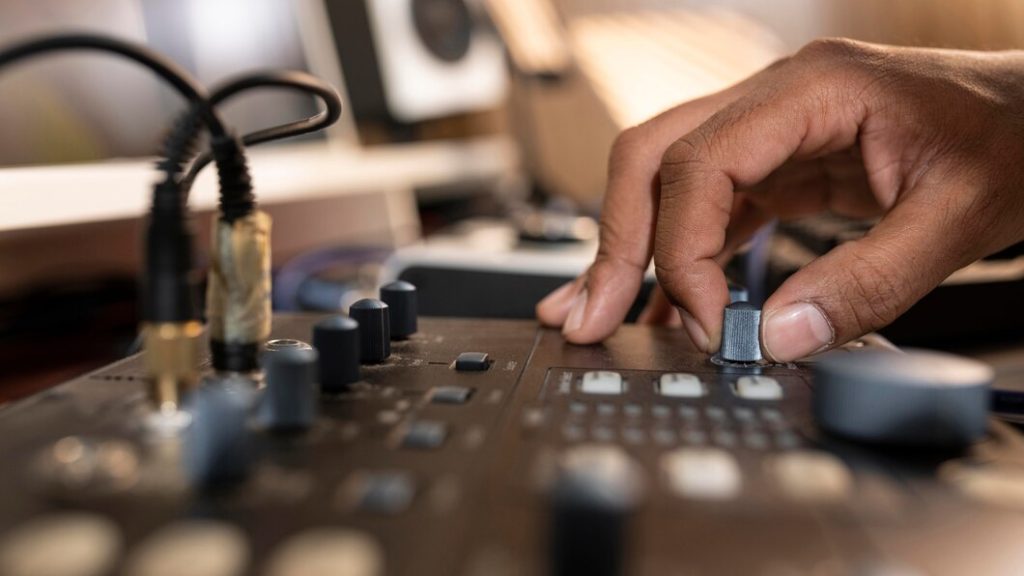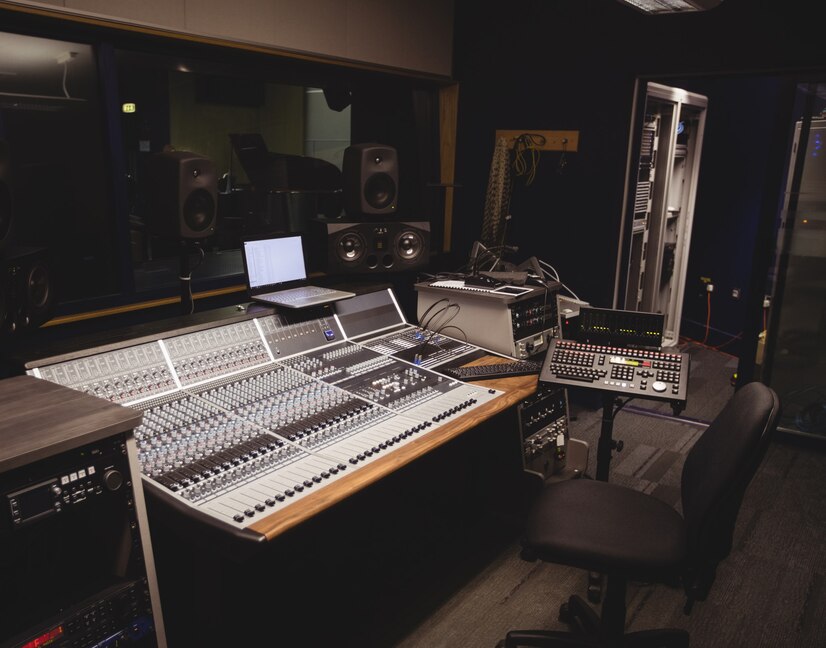Avoid Common Mistakes: Overcompression, Imbalanced EQ, and Clipping Issues
Understanding Overcompression: Its Impacts and How to Avoid
Overcompression stands as a prevalent mistake in mixing and mastering services. In an attempt to maximize the loudness of a track, some sound engineers often use too much compression. This overcompression causes a loss of dynamic range in the music, resulting in stale, lifeless tracks. The crucial essence lies in understanding how to utilize compression properly, emphasizing natural sound production.
Imbalanced EQ: How to Maintain Balance in Your Mixes
Maintaining an impeccably balanced EQ is an art. Imbalanced EQ often occurs when the frequency range of a mix is unbelievably biased. Knowing how to balance high, medium, and low frequencies appropriately is vital to achieving a great mix.
Dealing with Clipping Issues in Your Mixing and Mastering Process
Clipping issues often occur when an audio signal is too loud for a system to reproduce, resulting in distortion. To avoid unintentional distortion, sound engineers must strive to regulate the audio input. This balance ensures that the signal falls within the proper range and doesn’t exceed the system’s maximum limit.
Handling Excessive Reverb and Poor Gain Staging
Identify and Correct Excessive Reverb for Clean Sound Production
Excessive reverb is another trap sound engineers often fall into. It can muffle a mix and make it feel distant and unfocused. Sound engineers should be adept at identifying when a mix is overly reverberated and know how to tame the reverb for clean and clear sound production.
Importance of Proper Gain Staging in Mixing and Mastering
Poor gain staging can lead to a variety of issues such as unintentional distortion, clipping issues, or uncontrolled low frequencies. Correct gain staging helps maintain a consistent and flawless sound output.
Headroom Importance: Ignoring Can Lead to Dire Outcomes
Ignoring Headroom: Consequences and Solutions
Ignoring headroom during the mixing and mastering process can lead to ruined audio quality. Headroom serves as a safety buffer that prevents clipping and unintentional distortion. So, maintaining adequate headroom is essential for top-notch sound production.
How to Maintain Adequate Headroom During Mixing and Mastering
To help sound engineers maintain adequate headroom, they should monitor their levels during mixing closely. This careful watch can help keep levels consistent, ward off the risk of clipping issues, and ensure they’re not pushing the mix too hard.
Incorrect Panning and Overuse of Effects: A Recipe for Disaster
Correcting Panning Missteps for Balanced Sound Production
Incorrect panning often results in unbalanced mixes, and to achieve a balanced mix, the appropriate positioning of elements across the stereo field is essential.

The Art of Using Effects Moderately in Mixing and Mastering
Overuse of effects in mixes is an avenue to disaster. The purpose of effects is to enhance the mix subtly. The misuse of stereo wideners, for instance, commonly leads to phase issues and discount mono compatibility. Moderation is crucial in applying effects to avoid discrepancies and retain natural sound production.
Unchecked Issues: Mismatched Levels and Neglecting Phase Issues
Avoid Mismatched Levels for Consistent Sound Output
Mismatched levels occur when individual elements within the mix don’t maintain consistent levels. This inconsistency can lead to a disjointed and unprofessional sounding mix.
Neglecting Phase Issues: The Unseen Danger in Sound Production
Neglecting phase issues can be catastrophic as phase cancellation can make specific mix elements disappear entirely, especially when listening in mono. Comprehending these issues and knowing how to fix them is vital for any sound engineer.
The Consequences of Neglecting Mono Compatibility
Understanding Mono Compatibility in the Mixing and Mastering Process
Mono compatibility refers to how well a stereo mix translates to a mono mix. Ignoring mono compatibility can lead to severe phase cancellation issues.
Strategies to Ensure Mono Compatibility in Your Sound Production
To ensure mono compatibility, sound engineers need to check their mix in mono frequently during the mixing process. Proper use of panning, EQ and regular phase alignment checks are also indispensable practices to prevent potential incompatibilities when the mix is collapsed to mono.


Leave a Reply